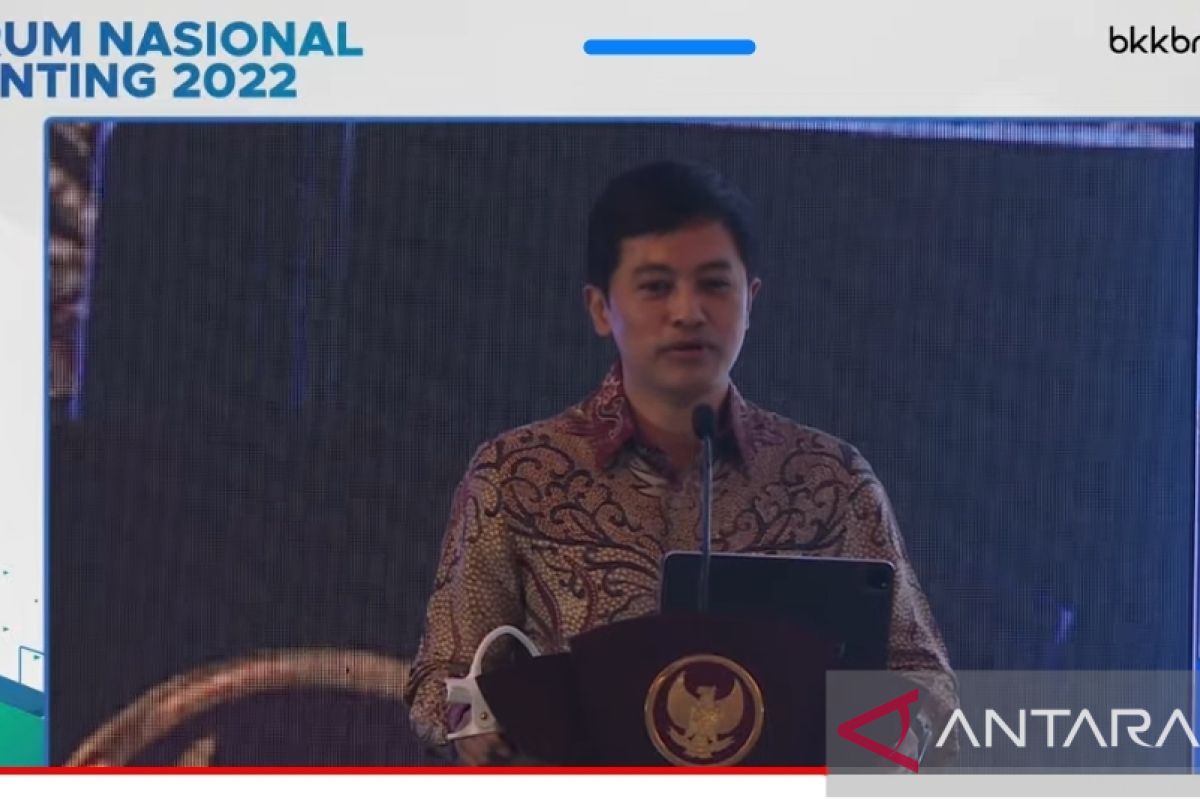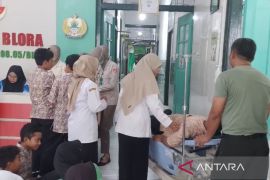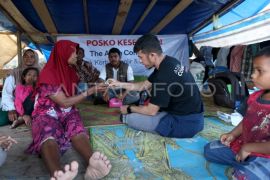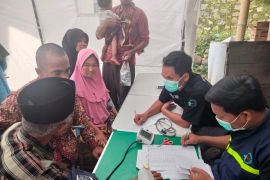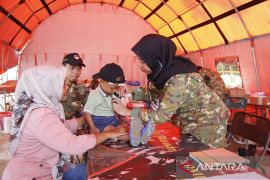"We will strengthen specific interventions to accelerate stunting rate reduction to (bring the rate to) 14 percent by 2024," Deputy Health Minister Dante Saksono Harbuwono informed at the “2022 National Stunting Forum” in Jakarta on Tuesday.
In the two years left to achieve the target, the government will use a targeted approach in the form of screening young women and pregnant women for anemia, he said.
For early detection of the risk of blood deficiency, the Ministry of Health has distributed hemoglobin (Hb) meter kits to 10 thousand community health centers (puskesmas) across Indonesia to allow 3.6 million young women to get their blood checked every year.
Harbuwono said that female students aged 7 to 12 who are diagnosed with blood deficiency will be provided blood-added tablets every week.
"We have distributed around 12.3 million blood-added tablets to prevent young women from getting anemic when they are pregnant. Until the third month of 2022, only 29.23 percent of young women have received the tablets," he informed.
Apart from young women, the ministry has also distributed 4.8 million blood-added tablets for pregnant women, which need to be consumed once a day, to all puskesmas in Indonesia.
"About 79.41 percent of pregnant women must consume at least 90 tablets of iron supplements during pregnancy to prevent stunting," Harbuwono emphasized.
Moreover, the government has also advised 4.8 million pregnant women to monitor their pregnancy every day using the Antenatal Care (ANC) method.
The deputy minister said that the ministry has increased the number of prenatal checks from four to six, with two ultrasounds and two examinations by specialist doctors.
According to him, 63.87 percent of the ultrasound equipment has been distributed to puskesmas in Indonesia and the distribution of the remaining devices will be completed gradually until all puskesmas receive them.
"Providing ultrasound devices and ultrasound training for doctors at puskesmas is one of the important steps to monitor babies' development and growth inside the womb and to see the stunting chance as well," he said.
Other targeted approaches include the provision of additional food and exclusive breastfeeding for infants and pregnant women, Harbuwono stated.
As many as 12 priority provinces identified for stunting reduction have shown significant indications of improvement, he added. However, there are still 7 provinces with a high number of stunting cases.
The 7 provinces are East Nusa Tenggara, West Sulawesi, Aceh, West Nusa Tenggara, Southeast Sulawesi, Kalimantan, South Kalimantan, and West Kalimantan.
Related news: BKKBN strengthens Dashat, education on nutrition to address stunting
Related news: Amin calls for eradication of nutritional problems by 2030
Related news: VP closely monitors several issues to expedite reduction in stunting
Translator: Andi Firdaus, Resinta S
Editor: Azis Kurmala
Copyright © ANTARA 2022
